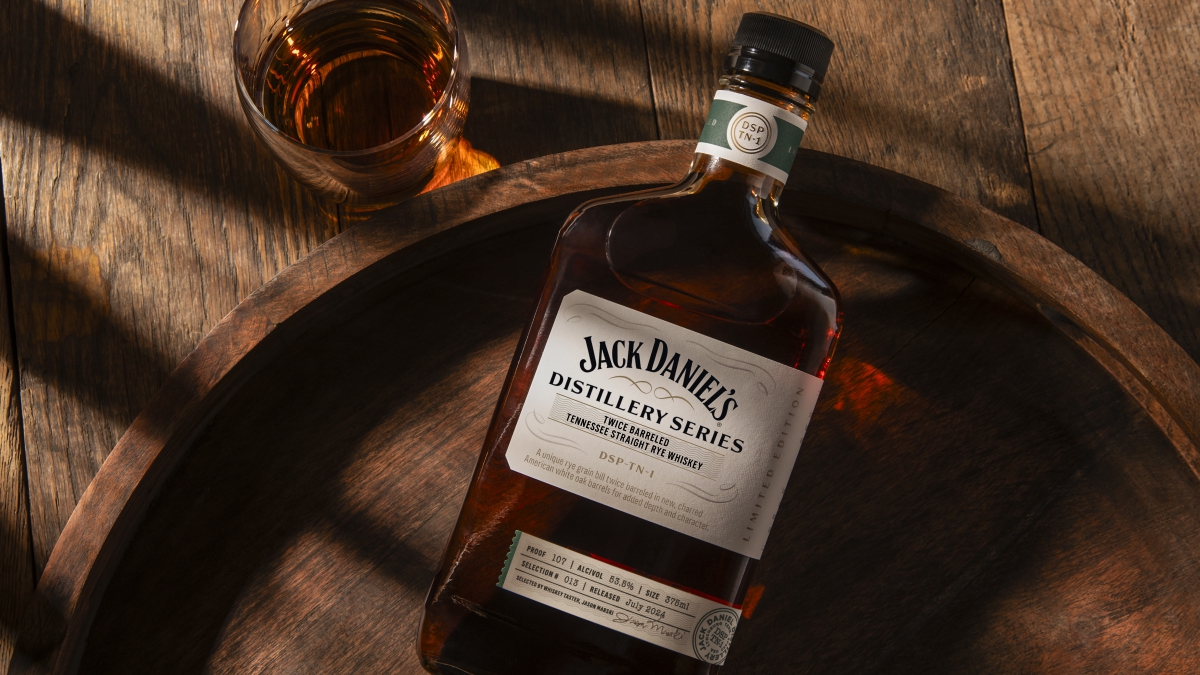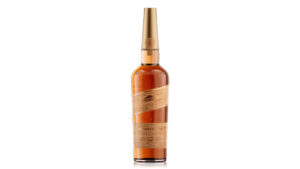Yesterday , the parent company behind major American brands and , announced that it was cutting 12 percent of its global workforce and selling its Louisville cooperage. This is pretty major news from one of the biggest drinks companies in the country, but perhaps not entirely surprising to those who have been following the recent troubles that the whiskey industry has been facing overall.
has been around for about 150 years, surviving Prohibition and the general lack of interest in that marked the time period of the 1960s to the 1990s. It’s not like this news means that the company or the major whiskey brands it owns, which also includes , are in danger of being shuttered any time soon, but this is yet another sign of the downturn in consumption and sales of whiskey and alcohol overall. A year ago, we reported the decline of sales of , one of the most popular whiskey brands in the entire world, as well as and . At the time, CEO Lawson Whiting said that this news “continues to reflect a normalization back to our more historical trends,” and that the company would lower its net sales forecasts for 2024.
Well, at least the latter half of that statement has proven to be correct. Lawson attempted to give the announcement something of a positive spin, saying in a press release that the downsizing will ensure the company’s future success. “Today’s announcement will ensure we have the structure and teams in place to continue on this path, while also making investments that we believe will facilitate growth for generations to come,” he says.
That certainly won’t assuage the fears of the approximately 650 employees who will lose their jobs (Brown-Forman’s global workforce is said to be about 5,400). The company has not said how many of the more than 1,000 Louisville jobs will be cut, but eliminating the cooperage there alone means that about 210 employees will be laid off (in a press release, the company says that “severance, outplacement services, and other benefits” will be provided). This comes after the sale of the company’s other cooperage in Alabama last February, so the plan is to source barrels from outside producers starting in April when operations at the Louisville location will cease. Brown-Forman employee Chris Wood, who is also president of UAW 2309, told that this news came as a shock. “We weren’t expecting this,” he said. “We heard there was going to be a meeting, but we didn’t know what.” Louisville mayor Craig Greenberg called the news “unfortunate,” but said he still believes in the future of the company.
All of this is expected to save Brown-Forman about $70 to $80 million, and the cooperage could fetch as much as $30 million when it’s sold. But this is another sign of just how soft the market for American whiskey has gotten. For example, announced a few months ago that it was scaling back its whiskey production, and this week Constellation Spirits (owner of , Nelson’s Green Brier, and Tequila) reported a 14 percent decline in spirits and wine sales in Q3 of fiscal year 2025 after selling its vodka brand to Sazerac. And it remains to be seen whether the Trump administration will go forward with its threats, which would further negatively impact the American whiskey industry.
This could be the start of a new era of decline for American whiskey, especially given that the younger generation is drinking much less. Or it could be more of a “course correction” to the time before the pandemic, during which spirits sales soared, as Kentucky Distillers Association Eric Gregory told the this week. We will continue to report on this news as we find out more about the situation and how the whiskey industry is responding.
Authors
-

Jonah Flicker
Flicker is currently Robb Report’s whiskey critic, writing a weekly review of the most newsworthy releases around. He is a freelance writer covering the spirits industry whose work has appeared in…
Credit: robbreport.com











